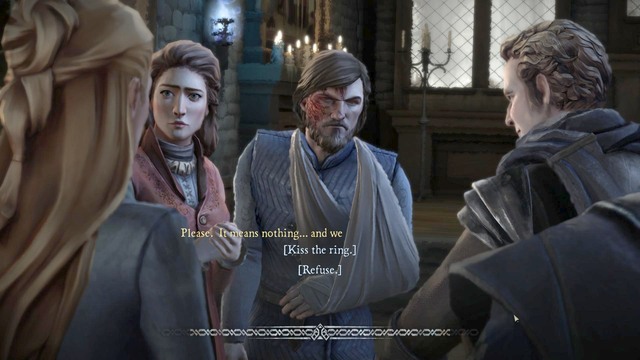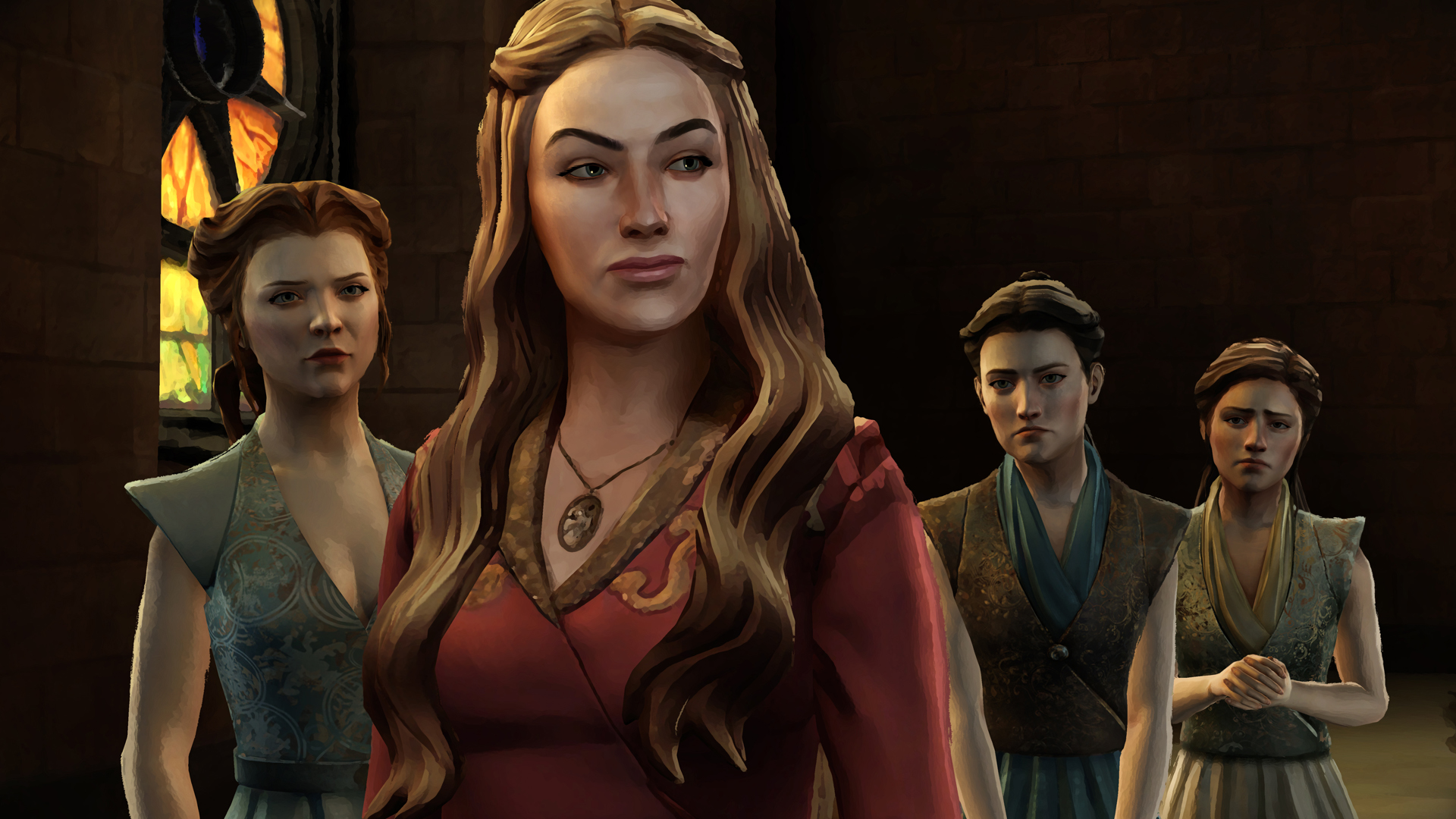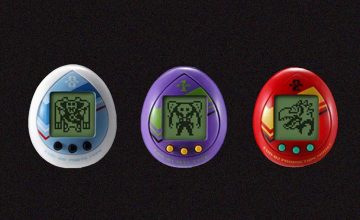By Teresa Naval
The world of video games is vast, but people often limit it to first person shooters or online roleplaying epics. While these games are fantastic in their own right, they’re not for everyone. As an industry that tends to deify macho male protagonists and sexualize women, video games can be pretty alienating, which is a shame because video games are home to some of the best storytelling there is. And everyone loves a good story.
Here’s a non-definitive list of video games for people who “don’t play video games” because…
“…I’m not represented in them.”
TRY:

Photo from the Life is Strange Wiki
- Life is Strange (PS3/PS4, Windows, Mac OS, Xbox One, Xbox 360)
- A game where high school students talk like the high school students we wish we could have been. (“Go fuck your selfie” is a comeback not even any Heather could top.) There’s also time travel, photography, untouchable cool kids, and a storm set to destroy a small town in the Pacific Northwest.

Photo from the Fallout Wiki
- Fallout 3
- A joke goes, “What if Liam Neeson was kidnapped and his daughter had to save him in Taken instead?” “Play Fallout 3.” Lian Neeson voices the player character’s father, James, who disappears early in the game. The main plot revolves around unearthing the mysteries of his disappearance. (While the player character is fully customizable, finding James in the end as his daughter was pretty satisfying).

Photo from MMORPG Info
- Fallen London (Browser, iOS)
- Fallen London takes place in an alternate history where London was dragged into hell by bats. Things get better from there. Player characters can choose their gender identity, a player card, and how they’ll be addressed by NPCs (“sir”, “madam”, “comrade”, etc.). Player cards don’t depend on the character’s identity – a wide array of silhouettes, from a person with long hair to someone with a submarine mask, is available to all.
“…I only care about the story.”
TRY:

Photo from Game Pressure
- Telltale Games (PS3/PS4, iOS, Xbox 360, Windows)
- Games produced by Telltale are episodic and story-driven. With the exception of a few quicktime responses (pressing a button to dodge a weapon), games play out like animated films. Until it’s time for you to decide what happens next.
- Popular titles include The Walking Dead and Game of Thrones.
- Interactive Fiction (Browser, usually)
- Interactive Fiction ranges from sprawling text-based adventures like Emily Short’s Beauty and the Beast-inspired Bronze to Anna Anthropy‘s 10-second narrative Queers in Love at the End of the World.
“…I don’t want to invest a lot of time playing them.” (And you’re tired of collecting cats or boys).
 Screenshot of The Color
Screenshot of The Color
TRY:
- Dictator: Outbreak (iOS, Android)
- As the dictator of a small democratic country, you have to make decisions to keep you in power. It’s much harder than it looks. I’ve been ousted probably twenty times in five minutes.
- The Color (Browser)
- Test your eyesight by clicking on the square that has a different color. If you have great color vision, though, worry not – each round only lasts sixty seconds.
“…They all have the same plot.”
TRY:
 Photo from US Gamer
Photo from US Gamer
- Zero Escape Series (DS for 999; 3DS, PS Vita for Virtue’s Last Reward; 3DS, PS Vita, Windows for Zero Time Dilemma)
- Nine people are trapped and must seek a way out. Then, other factors come in: distrust, alternate histories, religious cults, mathematics, bad puns…Creator Kotaro Uchikoshi is a master at experimenting with form – from the visual novel style of 999 (the first game) to the complete disregard of linear storytelling in Zero Time Dilemma (the final game).

Photo from Playbuzz
- UNDERTALE
- The plot sounds familiar enough: a child falls into an underground world of monsters. What makes UNDERTALE different, though, is that your actions hold weight until the end. Even saving–yes, as in saving your game–plays a role in the story. Multiple playthroughs are key–the real depth of the plot is only revealed after reaching a certain ending and unlocking the true boss.
Photo from Polygon

























Comments